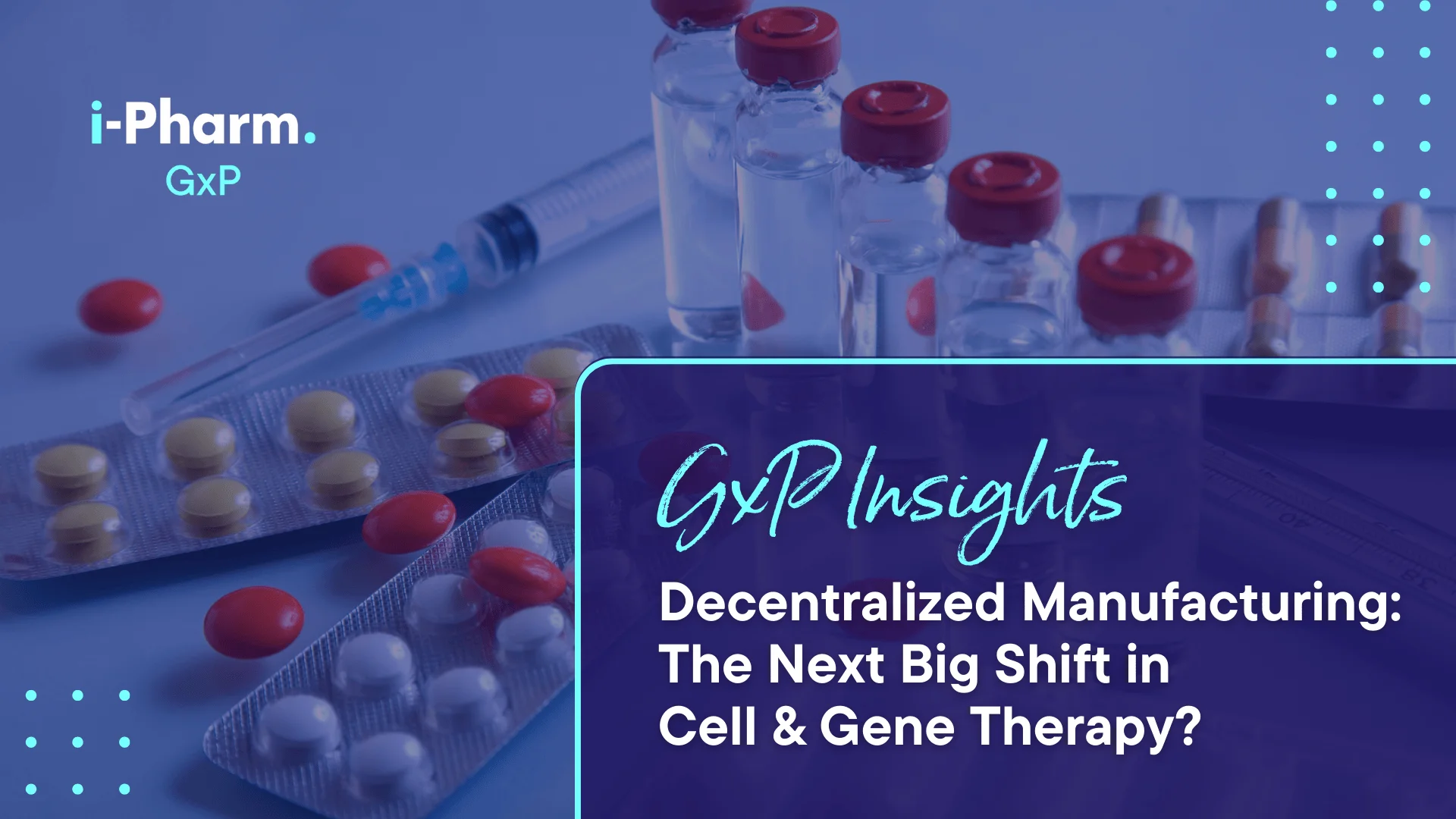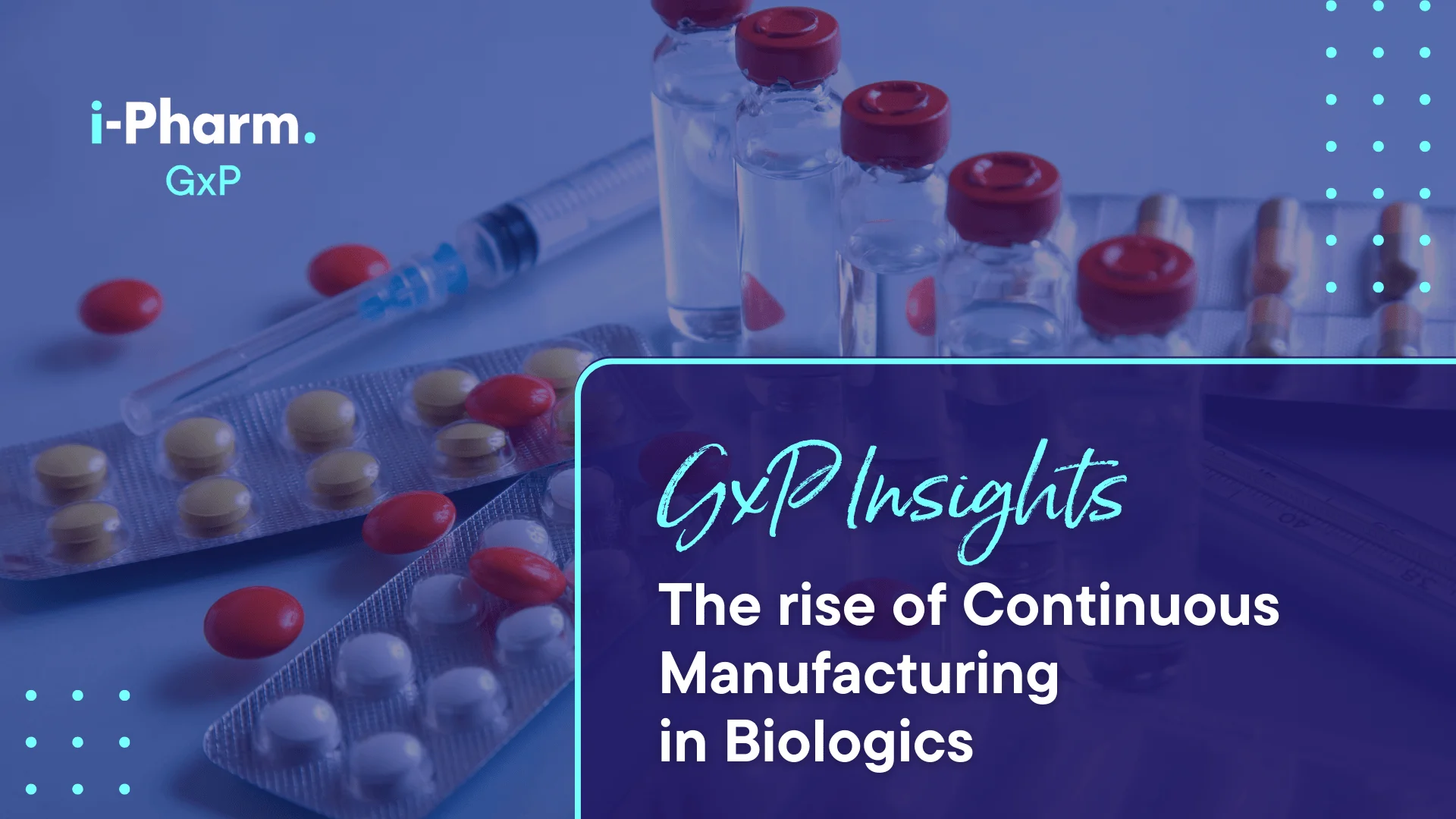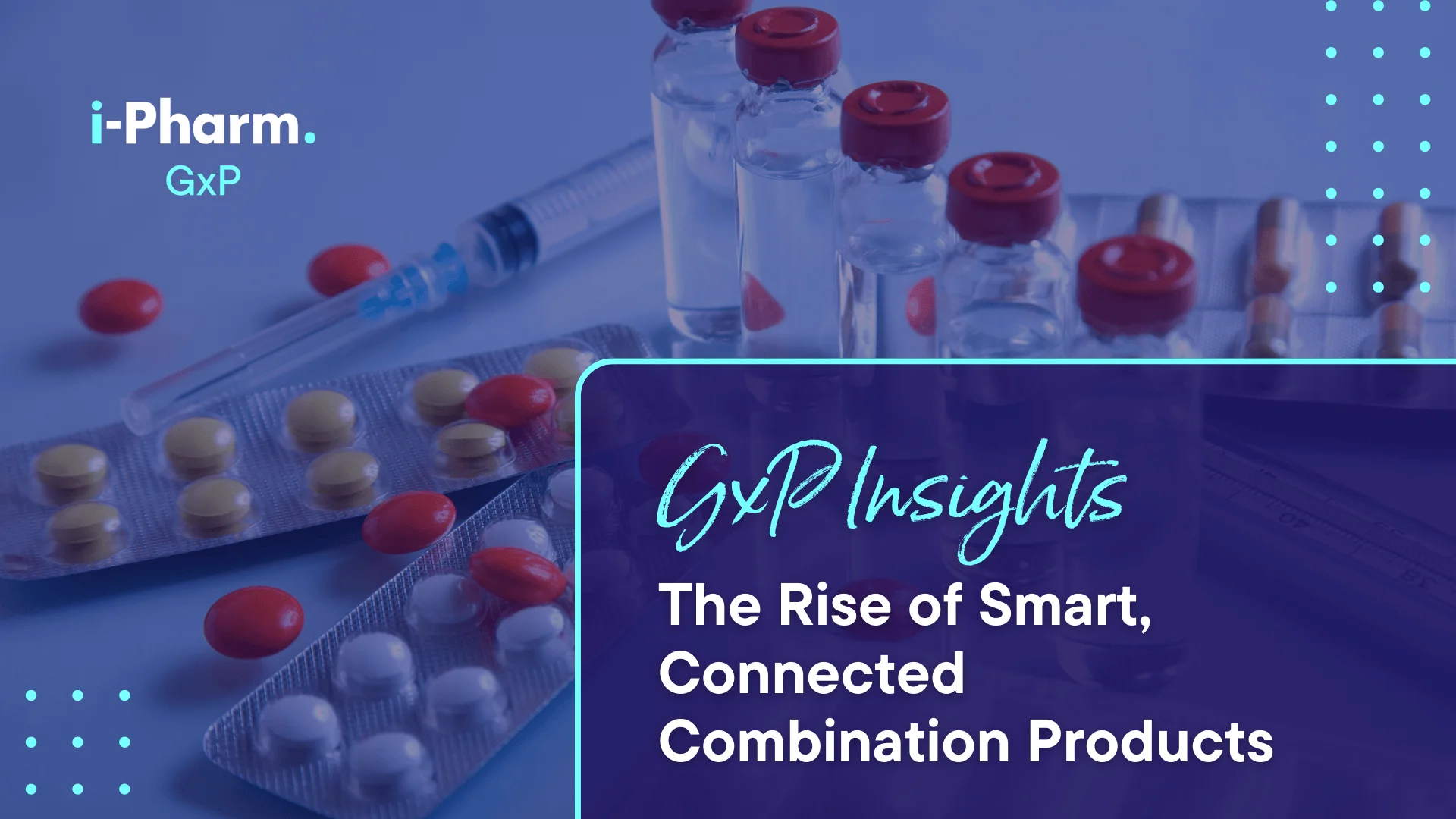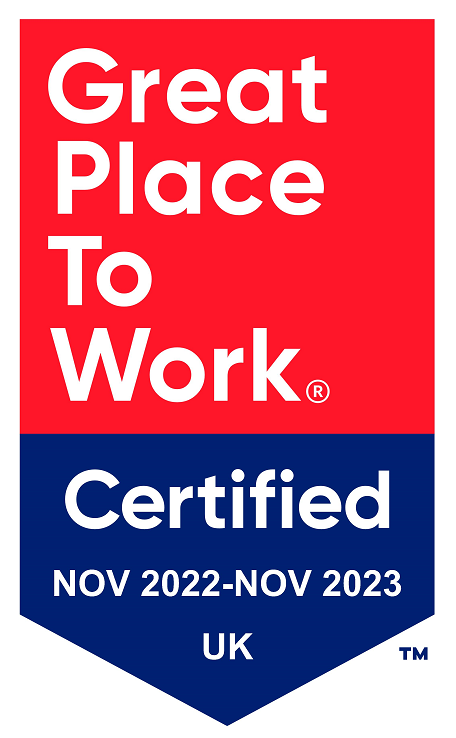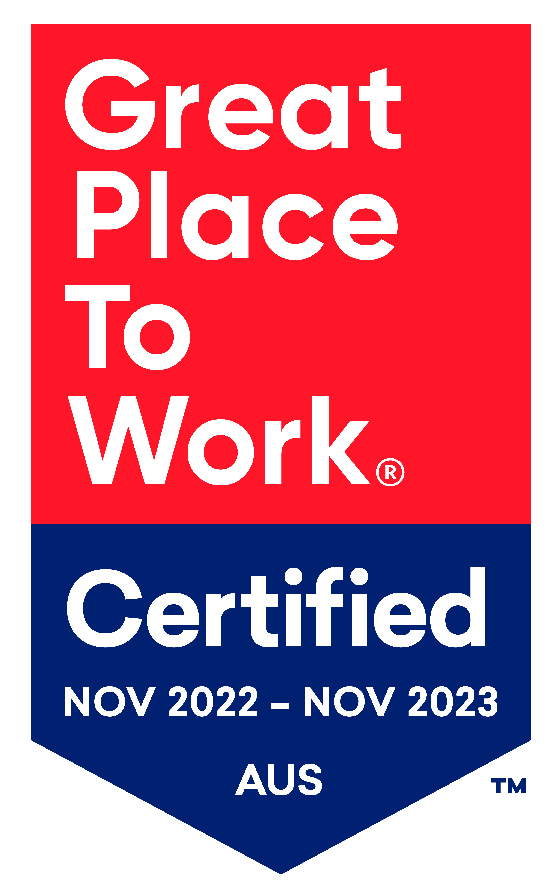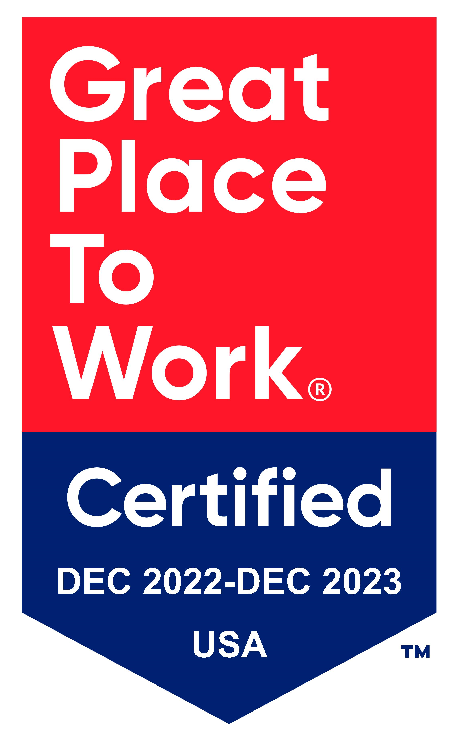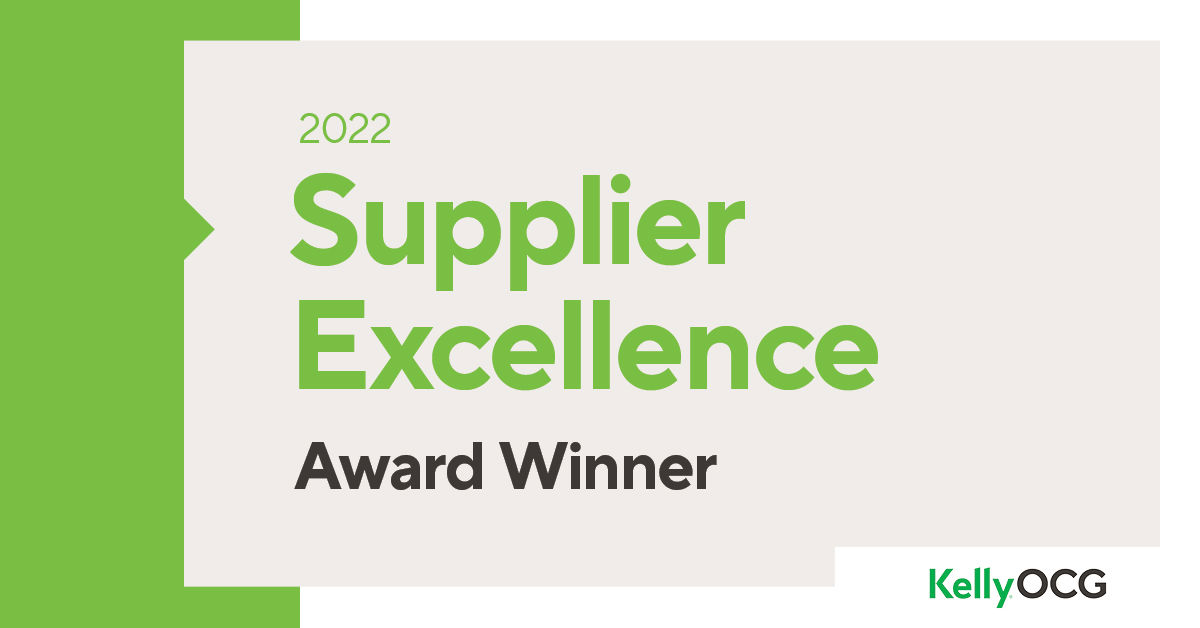GxP Insights: Intelligent Aseptic: Automation as Standard
21 Aug, 20258 minsExplore our monthly GxP industry insights newsletter, tailored for professionals in Medical ...
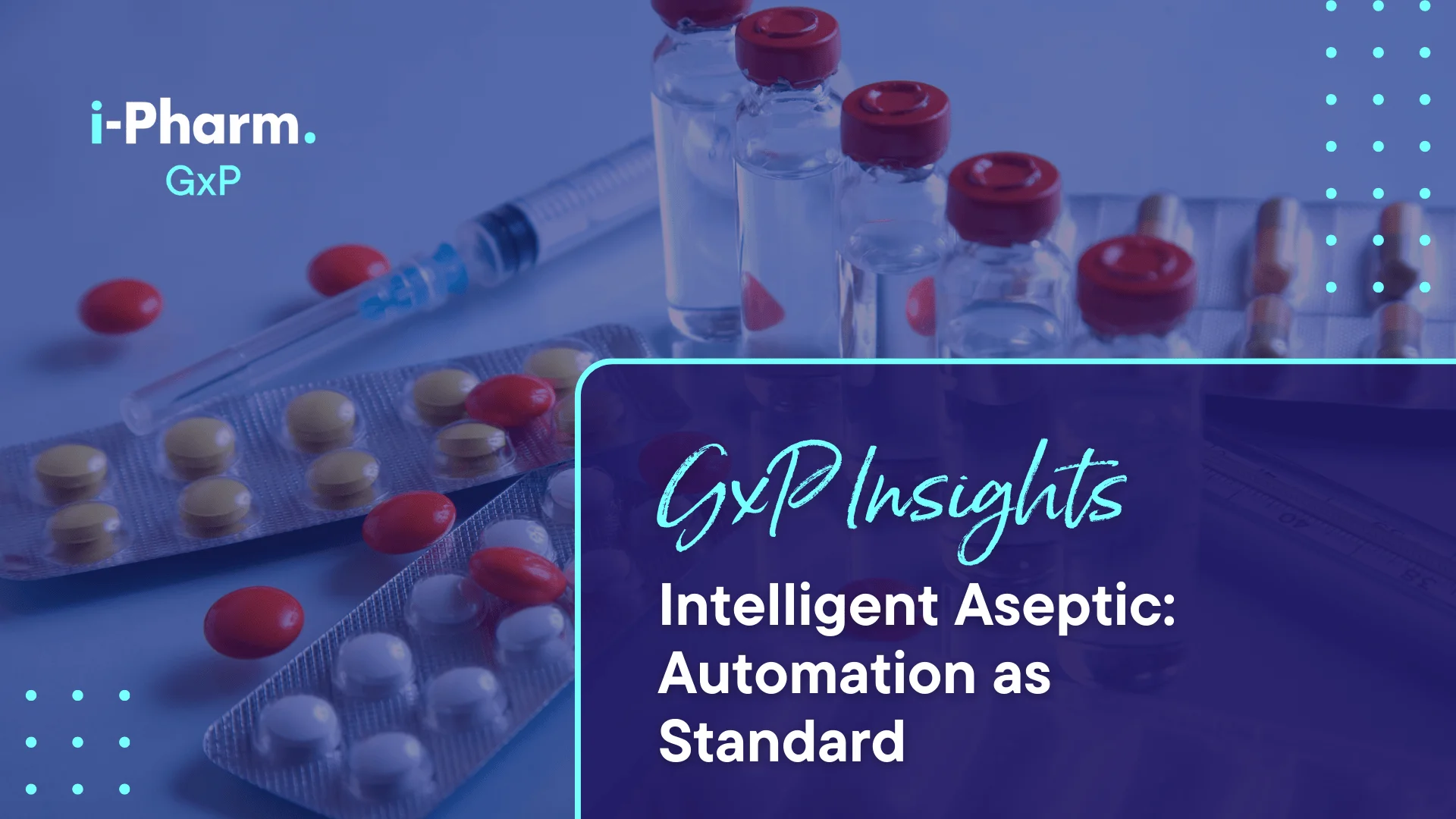
Explore our monthly GxP industry insights newsletter, tailored for professionals in Medical Devices, Biologics, Cell & Gene Therapy, and Sterile/Aseptic Manufacturing.
Each edition delivers into a key topic within your industry, including expert perspectives, and career insights to help you stay ahead.
What you can expect:
- Industry News: Stay updated with the latest developments, trends, and breakthroughs in your field.
- Career Tips: Enhance your career with advice on skills, networking, and job opportunities tailored to your field.
Intelligent Aseptic: Automation as Standard
In sterile manufacturing, conversations are shifting from manual process controls to intelligent systems that boost speed, traceability, and compliance. As regulatory expectations evolve, particularly under EU GMP Annex 1 and updated FDA guidance, automation is no longer a future investment, but a present requirement.
Digitalisation is enhancing control at every stage of aseptic processing. From automated environmental monitoring to MES-integrated batch release and predictive equipment maintenance, manufacturers are now relying on real-time data to reduce human error, accelerate product release, and strengthen audit readiness.
This shift is reshaping not only facilities, but also the skills required to run them.
Across the East Coast, leading organisations are investing accordingly:
- Thermo Fisher Scientific recently acquired Sanofi’s sterile injectables site in Pennsylvania, with plans to integrate it into a digitally orchestrated fill-finish network designed to support high-volume biologics and complex therapies.
- Vetter Pharma has announced a $285 million investment in a new clinical-scale sterile manufacturing facility in the US, reflecting rising CDMO demand for flexible, automation-ready aseptic infrastructure.
Together, these investments illustrate a sector-wide transition from cleanroom-dependent processes to fully automated, digitally enabled production, redefining what it means to be aseptic-ready in 2025.
Core technologies powering modern Sterile Manufacturing
Today’s sterile facilities are no longer defined by cleanroom class alone; they’re increasingly distinguished by the intelligence of their automation ecosystems. From batch execution to environmental monitoring, digital systems are streamlining compliance, reducing downtime, and setting new standards for process control.
Key enablers include:
- Robotics & Isolators: Advanced filling robots, barrier isolators, and gloveless technologies reduce operator intervention, minimising contamination risk and enabling higher throughput.
- MES & SCADA Integration: Real-time control systems such as manufacturing execution systems (MES) and supervisory control platforms (SCADA) allow for compliant batch record generation, deviation tracking, and performance monitoring.
- AI & Predictive Maintenance: Machine learning models detect anomalies and predict equipment failures, reducing downtime and improving audit readiness.
- Digital Twins: Virtual replicas of production environments help simulate scale-up, train operators, and optimise process design before implementation.
These technologies increase efficiency, and strengthen data integrity and traceability, both of which are focal points under the revised EU GMP Annex 1.
For manufacturers handling high-value, small-batch biologics, like monoclonal antibodies, mRNA vaccines, or gene therapies, these tools are becoming foundational to regulatory success, operational agility, and commercial scalability.
The future of work
With automation and data systems reshaping sterile manufacturing, talent needs are shifting too. The sector now demands hybrid skill sets that blend traditional GMP expertise with digital fluency.
Roles seeing increased demand across Pennsylvania, New Jersey, and North Carolina include:
- Automation Engineers with experience in sterile line integration, isolator tech, and MES/SCADA configuration.
- Validation Engineers skilled in validating digital systems alongside IQ/OQ/PQ protocols.
- Quality Assurance professionals with experience in data integrity, digital batch release, and 21 CFR Part 11 compliance.
- Regulatory Affairs experts who can navigate digital validation evidence and support evolving documentation requirements.
- Digital Manufacturing Analysts who can interpret process data, develop KPIs, and support continuous improvement.
These roles are critical at leading organisations including Pfizer, PCI Pharma Services, and Eli Lilly, where recent investments in sterile manufacturing have been tightly linked to digitalisation strategies.
What's next for Aseptic talent?
The future of aseptic processing is not only automated, it’s increasingly predictive, decentralised, and digitally monitored. As companies across the East Coast like Bristol Myers Squibb continue to upgrade facilities and expand fill-finish capacity, hiring priorities are evolving in kind.
The strongest career opportunities lie at the convergence of:
- GMP compliance and digital systems
- Process engineering and automation
- Sterile production and data science
At i-Pharm GxP, we work alongside the life sciences organisations leading this evolution, helping them scope, staff, and deliver the GxP talent they need to succeed in a changing landscape.
Connect with one of our consultants to explore career opportunities aligned to your expertise.
Found these insights helpful? Be sure to share them on LinkedIn and follow us for monthly updates and exclusive industry insights.
Subscribe to our newsletter and get the latest insights delivered straight to your inbox.

